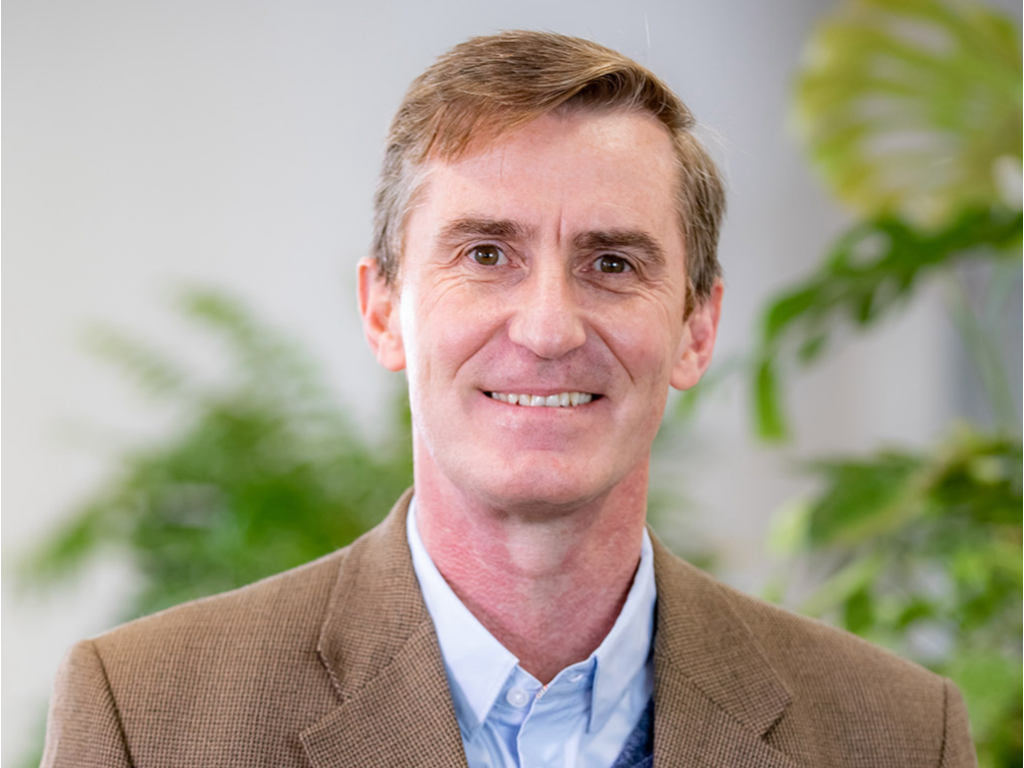Prof John Joska as interviewed by The Lancet Psychiatry

Neuroscience Institute researcher, Professor John Joska, was just profiled by the Lancet Psychiatry in a piece entitled 'John Joska: doing important work in mental health and HIV.'
Here follows the article written by Jules Morgan or find the article here.
Stepping into a newly created role in HIV Psychiatry in 2006, John Joska (Groote Schuur Hospital, Cape Town and University of Cape Town [UCT], South Africa) unknowingly landed on the springboard that would shape his future. A psychiatrist and subspecialist neuropsychiatrist, this was not a career path of choice, “but once I got into it”, he says, “I discovered that there was a goldmine of research and a wealth of researchers investigating HIV, mental health, and NeuroHIV.”
In the context of where he grew up (close by where he works now, in the suburb of Pinelands, Cape Town) and when (in the 1980s apartheid era), Joska reflects on his awareness of the “social and psychological shifts in the country”, and the way that the HIV epidemic was managed in South Africa. His choice to focus on HIV psychiatry was, he says, driven by a recognition of the history he witnessed and lived through: “As a white male South African, with the privileges that brings, I realised that I had a responsibility to pay back, as it were, to stay involved and be relevant; to try and make a difference I suppose”.
Joska is currently Head of Clinical Services at Groote Schuur Hospital for Psychiatry, Head of the academic and service Division of Neuropsychiatry, and also Director of the HIV Mental Health (UCT) Research Unit. After his 6-year degree at medical school, a difficult internship, and a move to a military hospital where he practised surgery for a few years, Joska made the switch to psychiatry. “The chief surgeon was someone you didn't want to disappoint, so I avoided telling him”, says Joska. “But he actually made quite a strong recommendation to the training institution on my behalf”.
So why psychiatry? Looking back, he can see a certain inevitability to this decision—Joska was a shy and sensitive child, and connected with people by “asking to know more about you”, he says. Observing the empathic approach of the psychiatrists towards their patients while at medical school struck a chord: “The way I think about and interact with people, it seemed like a natural fit”. Now retired, Sean Baumann, with his person-centred approach, was one of the inspiring psychiatrists at Valkenberg Hospital, Cape Town, where, in 1999, Joska embarked on a further 4 years of study, completing a clinical fellowship and a Masters, before accepting the post at Groote Schuur Hospital to set up the new HIV Psychiatry unit.
Joska quickly realised that there was a crucial need for a coordinated approach among infectious disease and mental health professionals. “I could see how people with HIV had fallen through the cracks”, he says. “The physicians didn't want to look after these patients because they were behaviourally disturbed and the psychiatrists didn't want to look after them because they were infected and sick. And so there needed to be somebody and some kind of service to coordinate HIV care, as well as mental health care, in the early days of antiretroviral treatment programme in South Africa”.
There was a lot to do. Setting up the clinical service required a great deal of groundwork. Then, in 2008, under the guidance of the much respected child and adolescent and public health psychiatrist, the late Alan Flisher, Joska took an academic route, with a PhD study on the effect of antiretroviral therapy on brain functioning. Using neuropsychiatric and cognitive assessments, his findings showed significant differences between the antiretroviral therapy and control groups. From there he established and grew the research unit, and created a Masters training programme in behavioural medicine to be more cognisant about how behavioural disorders affect medical outcomes (with more in the pipeline) while optimising the potential of technology and social media for education and engagement. He has been pleasantly surprised by an aptitude to “juggle quite a few balls at the same time”, which, despite the inevitable pressures, has helped “to get done what I've got done.”
His work continues to grow in an organic way. Research into clades (regionally distributed genetic types of HIV; Cape Town has predominantly clade C HIV infections) sparked an interest in the effect of clade diversity on HIV virology and its relationship to cognitive impairment. Investigating the efficacy of lithium on cognitive enhancement, although negative, highlighted the importance of measuring endpoints in people taking antiretroviral therapies. Exploring neuropsychiatric and neurocognitive effects of the integrase inhibitor dolutegravir, he is currently engaged in a funded stepped-care study, to look at the potential of an integrated treatment programme for improving adherence outcomes in people with HIV and coexisting substance and alcohol use disorder.
Leveraging expertise in Joska's group, the uniqueness of which draws international interest, brings wider opportunities for sharing practices, treatment models, and resources. For Joska, the entrenched stigma and discrimination around mental health versus other medical disciplines is still a challenge, but he recognises inroads have been made. “Establishing and building the unit, which is accredited by UCT [means] essentially turning a salt mine into a gold mine, in a space that is fascinating and interesting, with a large team and where we can have a massive impact. I'm proud of all of that.”
